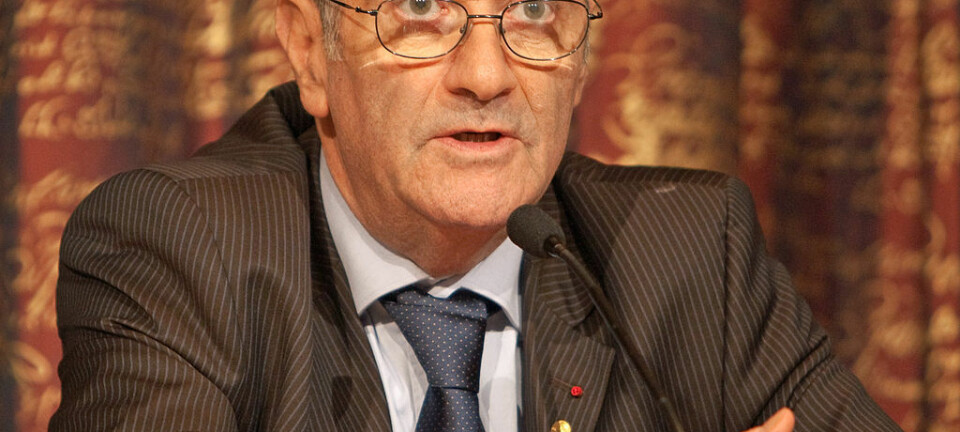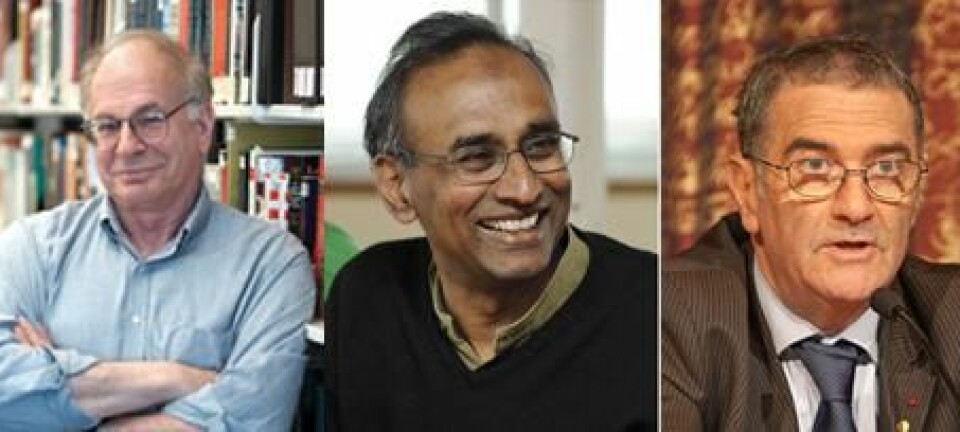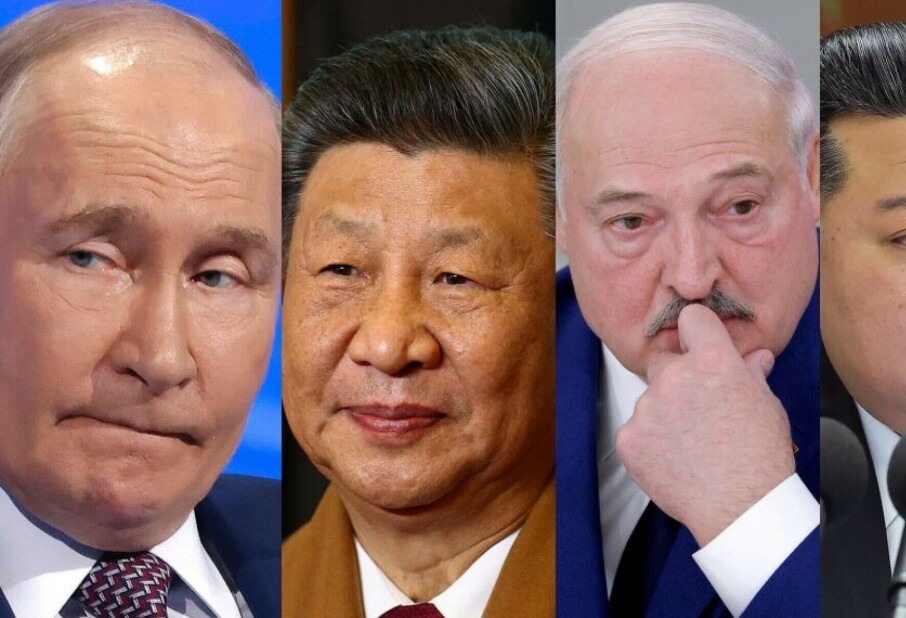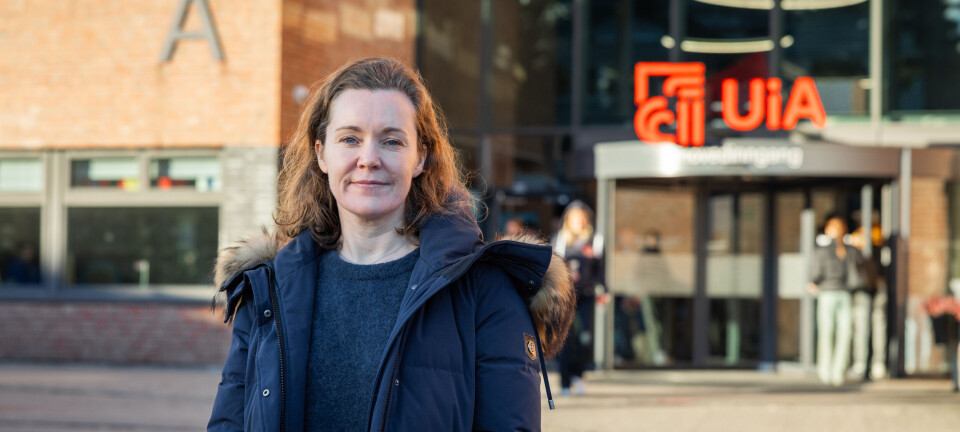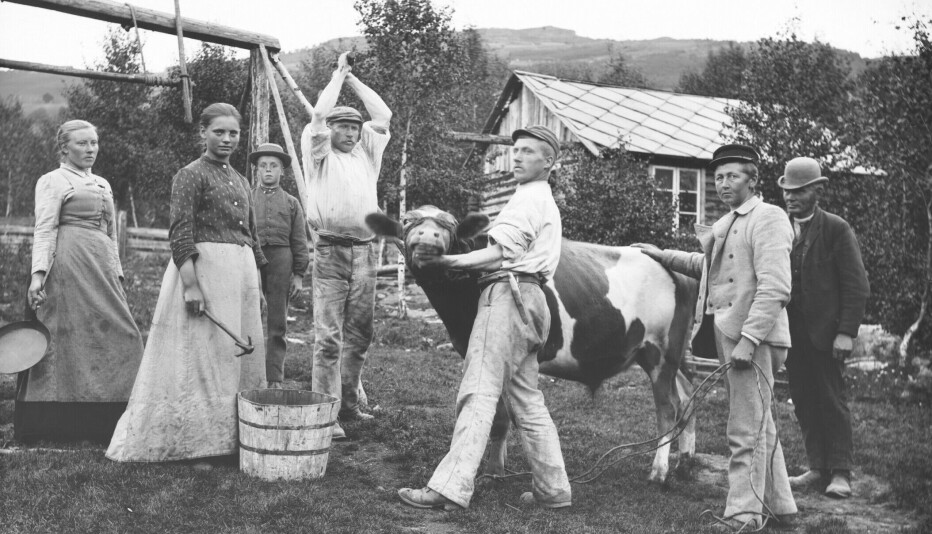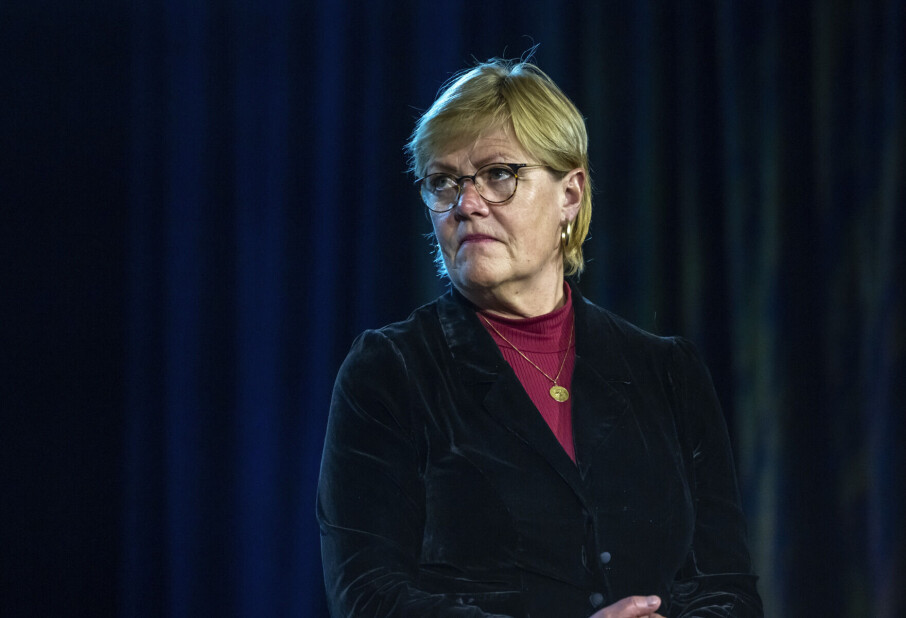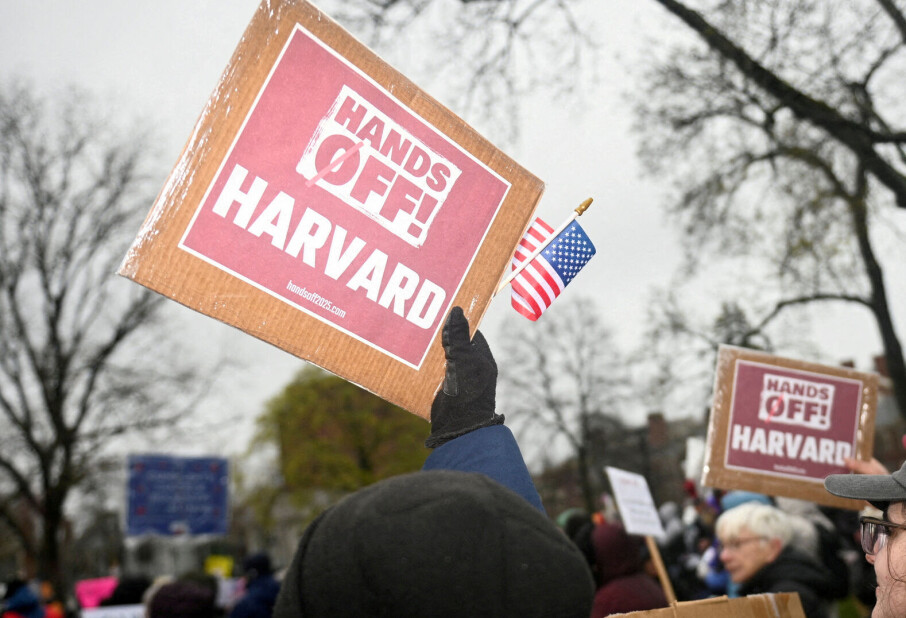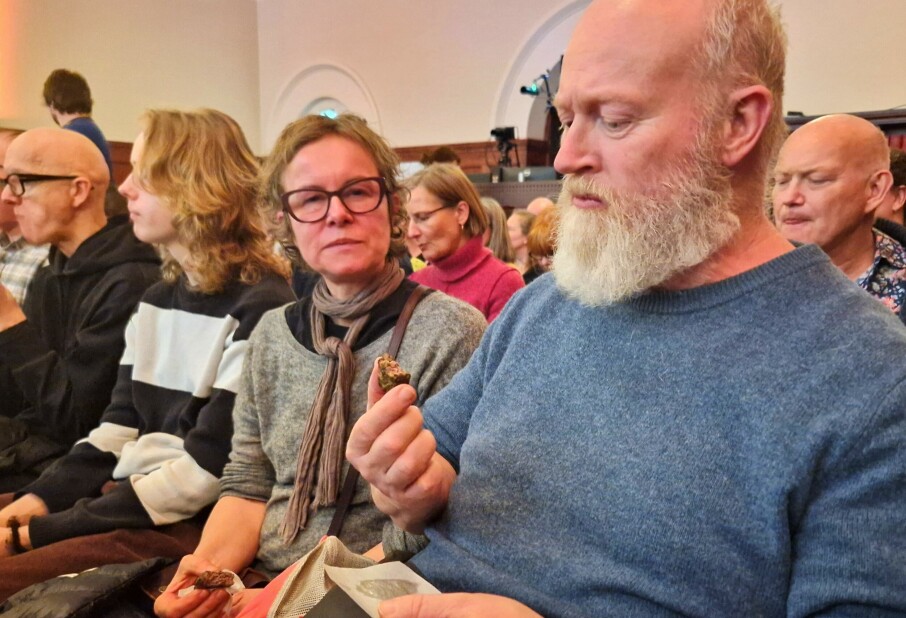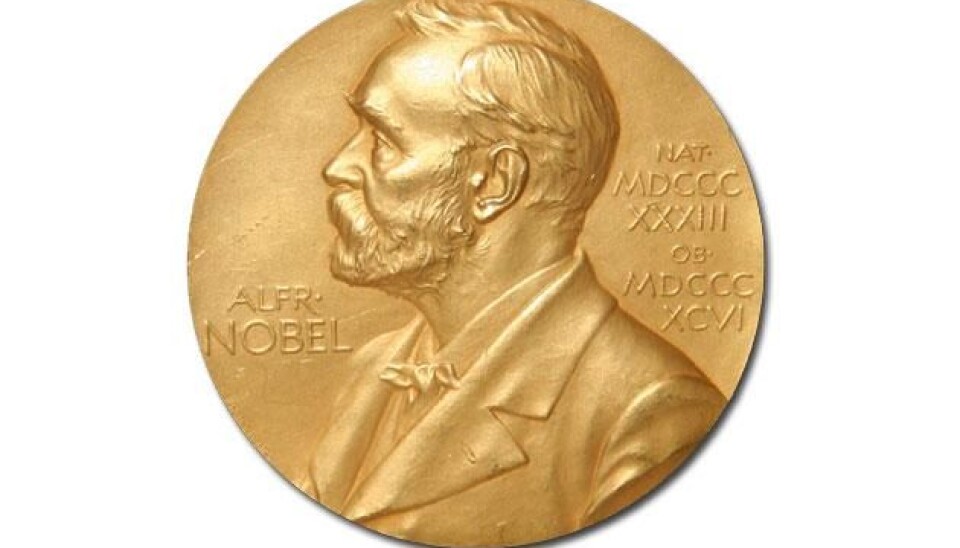
Re-thinking the Nobel Science Prizes
OPINION: Yes, Norway needs to focus more on top-quality research. But the growing fixation on prizes prompts the need for a gentle reminder about the meaning of the Nobel Prize. Just what do we actually know about these prizes?
Denne artikkelen er over ti år gammel og kan inneholde utdatert informasjon.
Now is of course a time for celebrating our new Nobel laureates, NTNU, and Norwegian research. Yes, Norway needs to focus more on top-quality research and to break the remaining shackles of Jantelovene, the Norwegian cultural mores that say that no one has the right to believe they are better than anyone else, which have long strangled our academic culture.
But the further growing fixation on prizes prompts the need for a gentle reminder about the meaning of the Nobel Prize. Just what do we actually know about these prizes?
The dance around the golden Nobel medallion began over a hundred years ago, and is still going strong. Shrouded in secrecy, the Nobel Prize first became an object for serious scholarly study after 1976 when the Nobel Foundation opened its archives that were over fifty years old. Subsequent historical research leaves little doubt: the golden Nobel medallion is etched with human frailties.
The Nobel Prize in science may well be international in scope, but from the start the Royal Swedish Academy of Sciences (physics and chemistry) and the Karolinska Institutet (medicine) determined the outcome based on the recommendations of its respective committees. The Swedish committee members' own understanding of science is critical for the outcome. Some committee members tried to be dispassionate, while others championed their own agendas, some openly and some cunningly.
Winning a Nobel Prize has never been an automatic process, a reward that comes for having attained a magical level of achievement. Those entrusted with the nomination process rarely provided the committees with a clear consensus. The committee members’ own judgement necessarily entered into an evaluation of the candidates. Local pettiness, intrigues, and biases have left their mark. Even when nominators provided a clear mandate for a single candidate, such as Albert Einstein for his work on relativity theory, committees frequently turned a blind eye. Sometimes candidates who had but a single nomination, such as Arthur Harden or Harald Urey, received awards. The choice of who wins the science prizes is a Swedish prerogative.
A simple change in the composition of the committee could decide the fate of a candidate. Not until committee strong man C. W. Oseen died in 1944 did Wolfgang Pauli and Max Born, giants of quantum mechanics, receive a prize. Based on a past grudge, one chemist rallied the Academy to block the committee’s recommendation for the Russian Dmitry Mendeleyev, founder of the periodic table. On occasion, candidates who had been declared unworthy received prizes through rebellions by the Academy against what was perceived as committee arrogance or inconsistency.
But even when all involved tried to rise above partiality, the task of selecting winners was always – and remains - exceedingly difficult. Committee members occasionally confessed privately in correspondence that several candidates often could be found who equally deserved a prize. Unambiguous, impartial criteria for selecting winners were not at hand – and never will be. The confused situation faced by the Karolinska Institutet in 1950 for the prize in medicine might serve as a reminder: After four rounds of voting, the outcome was still uncertain. In urging a colleague to attend the next meeting, one committee member dramatized the degree of fragmentation: the outcome might be decided if one of them were to catch cold and remain home.
There are no grounds for assuming the laureates constitute a unique population of the best in science. To a greater extent than the prizes allow, research progresses through the work of many. Brilliant minds of course do matter. But it is unjust to limit recognition to so few, especially when so many extremely talented scientists may have contributed to a given breakthrough.
The Nobel bylaws do not allow splitting a prize into more than three parts. This regulation has resulted in withholding prizes for discoveries that entailed more than three researchers, or in omitting contributors who equally deserved to share in the honour. One obstacle in awarding a prize to Vilhelm Bjerknes for applying new physical theory to the atmosphere entailed the difficulty in selecting just two of several deserving collaborators.
Important branches of science are not addressed by Alfred Nobel’s testament. Some of the greatest intellectual triumphs of the past century, such as the discovery of the expanding universe and continental drift, have not been celebrated in Stockholm. When science policy is focused on winning Nobel Prizes, then many significant fields of research fall short. Breakthroughs in understanding climate change or plate tectonics, which might allow predicting earthquakes, would not be eligible.
Moreover, even within "physics" and "chemistry", some specialties have been favoured or eliminated due to the committee members’ own predilections. Astrophysics and geophysics were at first considered eligible in physics, but then after 1923 excluded. In chemistry, Norwegian Victor Moritz Goldschmidt was denied a prize for revolutionizing geochemistry in part because of committee bias as to which hybrid specialties could be considered "chemistry". Laureate Odd Hassel always bemoaned the fact that Goldschmidt had not received a prize: in contrast to himself, Goldschmidt was a true genius.
Media fascination whipped up interest from the very start. The cult of the prize that quickly emerged did not depend so much on the merit of the winners as on the rapid understanding that the prize was a powerful means to gain esteem, publicity and in turn advantage. The history of the Nobel Prizes is also a history of the changing uses of the prizes. Scientists who frowned upon the Swedish committees’ short-comings and at times odd choices, nevertheless still lobbied for candidates. They knew that if successful, a local winner can draw prestige and money to a research specialty, an institution, or a national scientific community. Former committee members themselves at times have expressed surprise and dismay over the growth of the cult of the prizes.
Is science or society served by a fixation on prizes? Is science to be mere sport: Is winning all that matters? In the highly competitive and bureaucratic world of contemporary science, prizes such as the Nobel provide a simple means for declaring excellence and high achievement. Readily evaluated results that can be counted and displayed, these dominate to a much too great extent in the present ethos of science. The fixation with prizes enables universities and government agencies to weigh and measure “quality” on rather superficial indices.
What does the number of Nobel laureates at a university, regardless of how they were selected, say about the overall quality of research, of the teaching programmes, and of the quality of life at the institution? Perhaps once the mystery of the Nobel Prize is reduced, we might be better able to reflect over what is truly significant in the world of science. Should winning the prize and racing to make discoveries define the soul of science? The heritage of science and universities is far richer than the quest for winning prizes.







